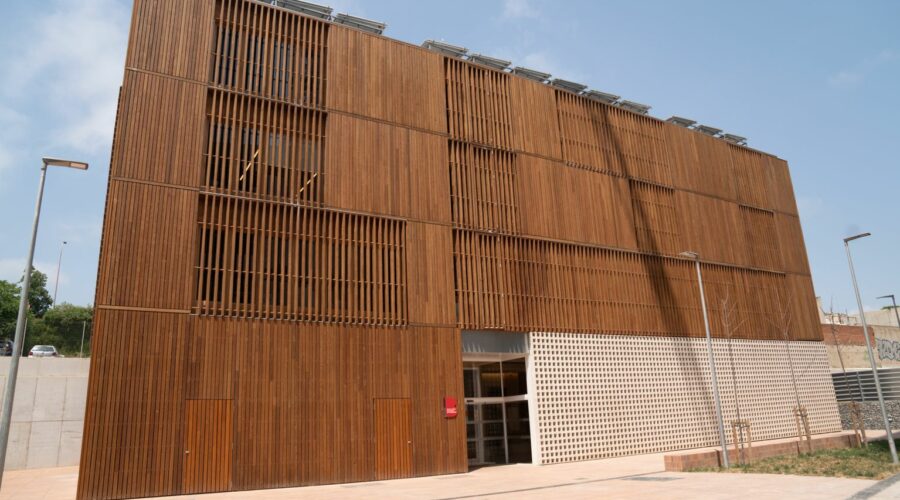
As of January 31, 2024, a new phase began in Catalonia in the fight against the COVID-19 pandemic. The Ministry of Health of the Generalitat de Catalunya has announced that the use of face masks will no longer be mandatory in health and social-health centers as of this date.
This decision is taken in response to the significant improvement of the general epidemiological situation in the region, marking a milestone in the prevention measures that have been implemented for weeks.
Changes in sanitary measures and use of face masks
After several weeks in which the use of masks in health and social health centers was an obligation, the Conselleria de Salut has considered it appropriate to lift this measure, reflecting confidence in the improvement of the epidemiological situation.
The measure, which had come into effect on January 9, 2024 due to the worsening situation, has been a crucial tool in preventing the spread of the virus in healthcare settings.
However, as of midnight on January 31, masks will no longer be mandatory in these centers.
However, the Department of Health maintains the recommendation to use approved masks, especially for those people who present symptoms compatible with respiratory diseases, such as influenza and COVID-19, when they are in shared or poorly ventilated spaces.
Recommendations that persist
Despite the relaxation of the mandatory measure, the Conselleria de Salut continues to recommend the use of masks in specific situations. It is advisable to maintain its use in people who present symptoms compatible with respiratory diseases or in spaces with poor ventilation.
Likewise, its use is recommended when coming into contact with vulnerable people, as well as when accessing residences and health centers.
The decision of the Conselleria de Salut reflects a positive evaluation of the epidemiological situation in Catalonia and suggests a step towards the normalization of preventive measures.
The lifting of the measure in healthcare centers is an indicator of the improvement of the care pressure and the stabilization of the post-pandemic complexity.
Care pressure and stability
According to reports from Salut, the pressure of assistance remains stable. Between January 22 and 38, 68,898 hospital emergencies were attended, with a daily average of 9,843. The percentage of income remained at 11.2%. These data indicate a stabilization in the pressure of care in hospital emergency departments.
In the primary care emergency centers (CUAP), 27,431 emergencies were attended, with a daily average of 3,919 cases. Although the figure is similar to the previous week, activity remains stable.
Comparatively, in the same period last year, 28,441 visits to the CUAPs were attended, with a daily average of 4,063 attendances, 3.6% more than this year.



